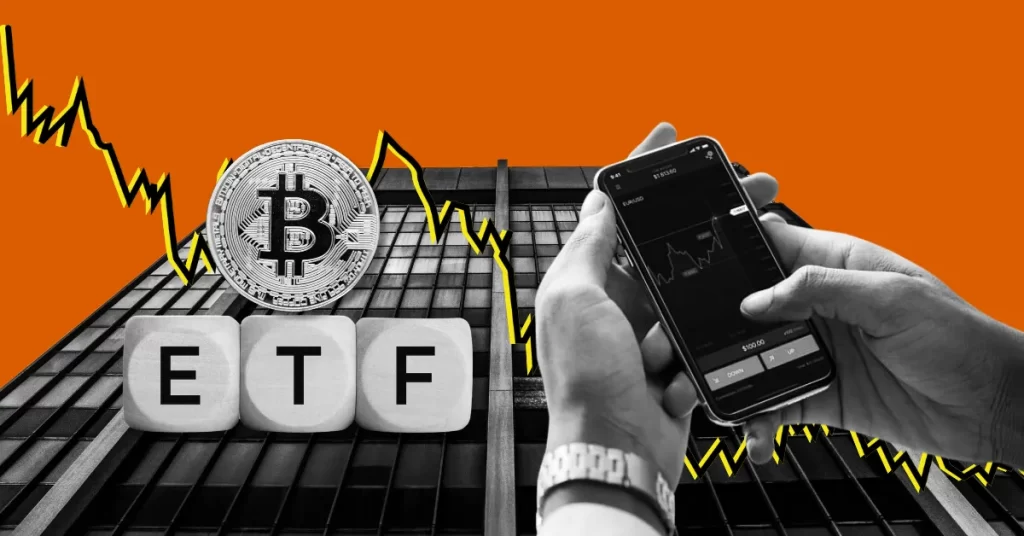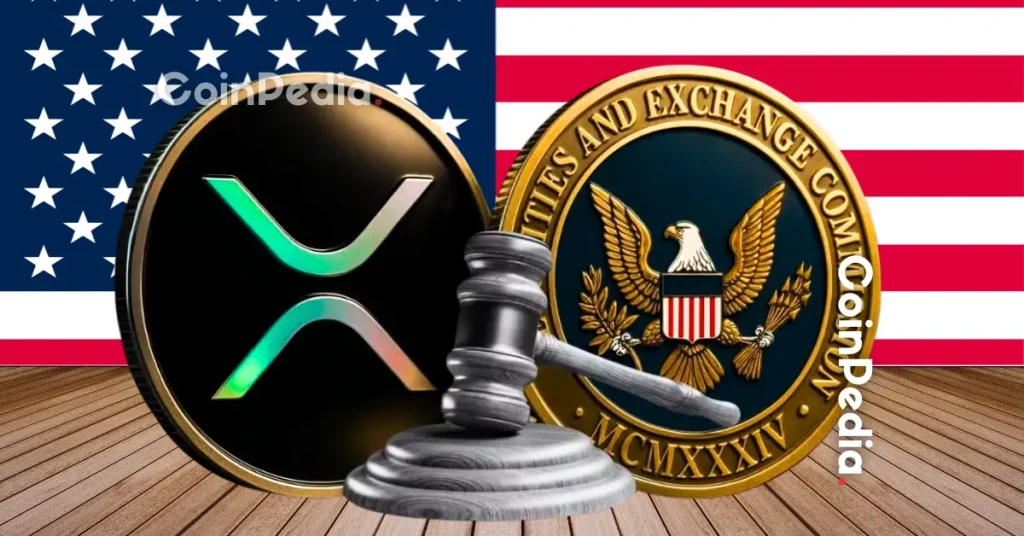
The post Max Keiser Warns of Hidden Dangers in Upcoming Bitcoin ETFs appeared first on Coinpedia Fintech News
Prominent Bitcoin advocate and financial analyst Max Keiser has raised significant concerns about the upcoming Bitcoin spot Exchange-Traded Funds (ETFs). His warnings come amidst the financial community’s heightened anticipation for these ETFs, which are expected to bring a new level of mainstream adoption to Bitcoin. However, according to Keiser, these financial instruments might not be what they appear to be at first glance.
The United States Securities and Exchange Commission (SEC) is set to approve Bitcoin spot ETFs possibly as early as January. This move has been long-awaited by many in the cryptocurrency space as a positive step towards integrating Bitcoin into traditional finance. However, Keiser’s insights suggest a different narrative.
Keiser’s Alarming Perspective
Keiser, leveraging his extensive experience in the finance sector, warns that integrating Bitcoin into ETFs might not be entirely beneficial for the cryptocurrency industry. His concerns stem from observing what he describes as “unprecedented coordination” among financial institutions, regulators, and politicians in the rollout of these Bitcoin spot ETFs.
Keiser’s central argument is that these ETFs are set up for “cash-in, cash-out” transactions, meaning that investors will be exposed to Bitcoin’s price movements without holding any Bitcoin. This approach could potentially create a “fiat money version of Bitcoin,” detaching the value of the ETFs from the real-world utility and principles of Bitcoin itself.
Additionally, there are rumors, as Keiser points out, that Washington might be looking to restrict or ban Bitcoin self-custody alongside the approval of these ETFs. This potential move could significantly impact one of Bitcoin’s fundamental values – the ability of individuals to hold and control their assets without the need for an intermediary.
El Salvador: A Bitcoin Haven
In response to these developments, Keiser advises a radical approach: relocating to El Salvador, which has embraced Bitcoin as legal tender. His suggestion underlines the contrast between El Salvador’s open embrace of Bitcoin and what he perceives as the manipulative tactics of Wall Street and Washington.
He also highlights a significant financial move towards El Salvador, with 153 wealthy individuals applying for citizenship, each committing to a $1 million Bitcoin or USDT donation. This influx of capital, totaling $153 million, could bolster El Salvador’s position as a global cryptocurrency hub.
Adding to the intrigue, Gabor Gurbacs, an advisor at Tether & VanEck, notes the U.S. government’s recent forfeiture of 69,370 Bitcoins from the Silk Road case. Keiser speculates that these confiscated Bitcoins might be used as collateral for the new ETFs, which would benefit the government and proxies through the price appreciation of the actual Bitcoins. At the same time, investors pour billions into the so-called ‘fake’ Bitcoin ETFs.
Also Read – Bitcoin Spot ETF Verdict Anticipated Between Jan 5-10, 2024

 1 year ago
100
1 year ago
100














 English (US) ·
English (US) ·